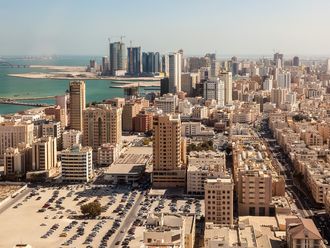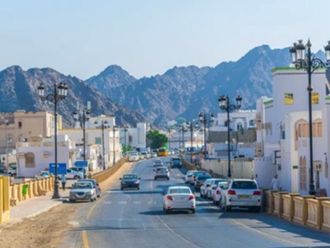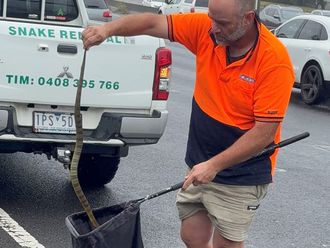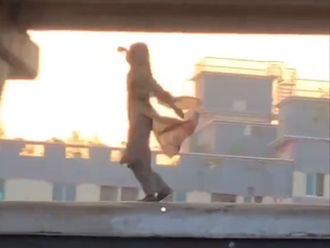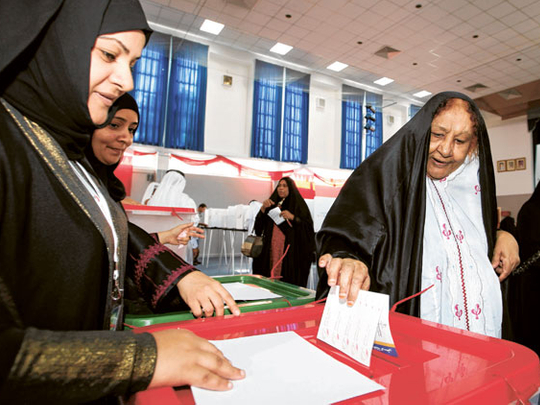
Manama: Two hours before the polling station in the fourth constituency of the Central Governorate closed, the battle for the parliamentary seat continued unabatedly, quietly inside and vociferously outside.
Muneera Fakhroo, the candidate nominated by the National Democratic Action Society, Waad, and Eisa Al Qadi, the independent candidate, were sitting on the stage of the school hall-turned-polling station where separate queues of men and women inched their way across long lines to cast their ballot under the watchful eyes of a team of monitors.
Both candidates have expressed confidence that they would finally be able to take the constituency forward after being forced into a run-off which neither wanted — because of its pressure — and dreaded because of its implications.
This is Muneera's second attempt to enter the lower chamber after narrowly missing her passage four years ago. In 2006, she had to live through the pains of a second round before losing out to an opponent who eventually became the second speaker of the lower chamber.
Bold step
Running on a Waad ticket, she hoped that she would rally all liberals, adding that she was keen on seeing one of them reach the lower chamber after six failed to do so four years ago.
The only woman backed by a political society, Muneera hoped that Bahrain would finally make the bold step of electing a woman to the lower chamber. Her opponent, Al Qadi has always enjoyed great support in the community.
In the first round on October 23, he had the best score, but not good enough to give him the automatic election he was hoping for. "It is only a matter of time," his supporters said following the announcement of results of the first round.
Outside the polling station, Bahrain's most colourful parade brought together the young and old whose numbers outdid the security personnel deployed to maintain peace while not limiting the crowds' enthusiasm.
Al Qadi's supporters were content with waving his pictures and urging people to choose him as the candidate, adding that he genuinely cared for them and the country.
Muneera may be the oldest candidate running in the 2010 elections, but she has the most youthful supporters who turned the streets near the polling station into a sea of orange. The main avenue and side streets were virtually impossible to access as dozens of cars with orange ribbons and posters slowed down traffic.
None of the other polling stations where parliamentary and municipal hopefuls were competing had the carnival atmosphere that enveloped the area where Waad, the country's largest liberal society, wanted a much-coveted breakthrough into the lower chamber and mobilised a large crowd of supporters to help undecided people with their votes. Voting picked up as the hours advanced before slowing down around lunchtime.
Late in the afternoon, police and organisers had to draw on their experience to contain the onslaught caused by the growing numbers of voters, while ensuring that the process continued smoothly.
"We have not had problems in the polling station and we are grateful to all the people who have been cooperating to make sure that the quadrennial elections are a true festival for everyone," Mohammad Al Mejbal, the judge in charge of the polling station in the fourth constituency in the Central Governorate said.





